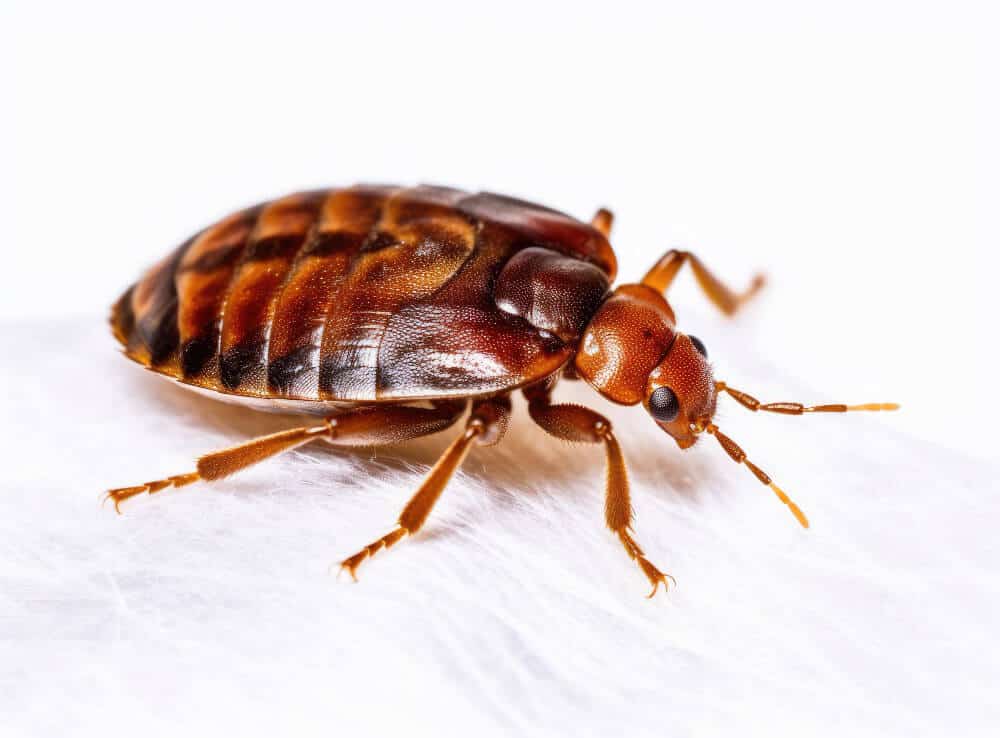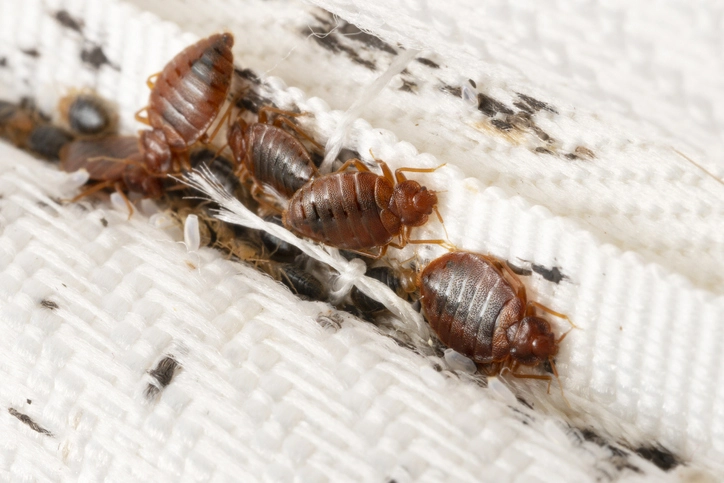Comprehensive A1 Bed Bug Extermination in Houston Area
Comprehensive A1 Bed Bug Extermination in Houston Area
Blog Article
Comprehending the Lifecycle of Bugs for Targeted Control Methods
Recognizing the lifecycle of pests is a fundamental aspect of effective bug management methods. Via a deeper understanding of exactly how parasites thrive and advance, customized control techniques can be created to resolve specific points in their lifecycle, ultimately leading to even more effective bug monitoring outcomes.
Significance of Comprehending Parasite Lifecycle
Understanding the lifecycle of insects is necessary for creating effective and targeted control techniques in bug monitoring. By understanding the numerous stages a pest undergoes from egg to adult, bug control specialists can recognize weak spots in the lifecycle where intervention can be most successful. For example, knowing when larvae are most active can assist identify the ideal timing for applying larvicides. Furthermore, comprehending the life expectancy of a bug types can help in anticipating population growth patterns and prospective infestation risks.
In addition, acknowledging the certain environmental conditions essential for each and every stage of the pest's lifecycle can guide choices on environment modification or exclusion approaches to reduce and interfere with the lifecycle bug populations. This expertise makes it possible for pest administration professionals to apply positive measures instead of depending solely on responsive treatments, leading to even more sustainable and lasting bug control services. Inevitably, a detailed understanding of insect lifecycles empowers bug control specialists to customize their techniques effectively, lessening environmental influences and taking full advantage of control outcomes.
Trick Stages in Bug Growth
To efficiently carry out targeted control approaches in parasite management, an essential element lies in thoroughly determining and recognizing the vital phases in parasite development. Insect development usually is composed of a number of crucial phases that are vital for their lifecycle and monitoring.

Susceptabilities in Parasite Lifecycle
Throughout the different phases of a pest's lifecycle, unique susceptabilities emerge that can be tactically targeted for reliable control measures (A1 Bed bug exterminator houston LLC). One vital susceptability lies in the egg stage, where bugs are usually a lot more susceptible to particular pesticides or biological control agents due to their soft external covering, making them simpler targets for treatment. Recognizing these vulnerabilities in the insect lifecycle is crucial for developing effective and specific control strategies that efficiently handle bug populaces while decreasing ecological impact.
Implementing Targeted Control Steps

Implementing targeted control procedures typically includes a multi-faceted technique. This may include environment alteration to make the environment less welcoming to parasites, such as removing standing water for mosquito control or securing access factors for rodents. Furthermore, organic control approaches can be made use of, where natural predators or microorganisms are presented to maintain pest populations in check.
Chemical control, such as the cautious application of chemicals, is an additional usual strategy. It is crucial to use these substances judiciously to reduce environmental effect and potential harm to non-target species - A1 bed bug removal houston. Integrated Bug Monitoring (IPM) approaches that incorporate numerous control procedures in a worked with and lasting way are commonly one of the most efficient in accomplishing long-term pest management objectives. By applying targeted control actions based upon a complete understanding of bug lifecycles, bug populations can be successfully managed while reducing risks to human wellness and the setting.
Enhanced Pest Administration Practices

Additionally, the unification of biological control representatives, such as natural killers or microorganisms of parasites, can help in reducing dependence on chemical pesticides and advertise a much more well balanced community. Implementing physical barriers and catches can also belong to enhanced bug management methods, offering safe and targeted solutions for insect control. In addition, using scents and other semiochemicals can interrupt pest breeding patterns and communication, resulting in lowered insect populaces with time.
Conclusion
Finally, understanding the lifecycle of insects is critical for effective insect monitoring strategies. By determining crucial phases in pest advancement and susceptabilities in their lifecycle, targeted control actions can be implemented to reduce bug populaces. Enhanced pest administration methods can aid reduce the reliance on broad-spectrum pesticides and promote more lasting and eco pleasant pest control techniques. This knowledge plays an important function in preserving healthy and balanced ecological communities and farming performance.
Understanding the lifecycle of pests is essential for developing reliable and targeted control approaches in parasite administration. By comprehending the various stages a parasite goes via from egg to grownup, insect control professionals can identify at risk factors in the lifecycle where intervention can be most successful. Inevitably, a detailed understanding of parasite lifecycles equips insect control practitioners to customize their methods successfully, reducing environmental influences and optimizing control outcomes.
By applying targeted control procedures based on a comprehensive understanding of pest lifecycles, bug populations can be properly managed while minimizing threats to human health and wellness and the setting.
By determining key phases in pest growth and vulnerabilities in their lifecycle, targeted control actions can A1 Bed bug Exterminator houston be executed to minimize bug populations.
Report this page